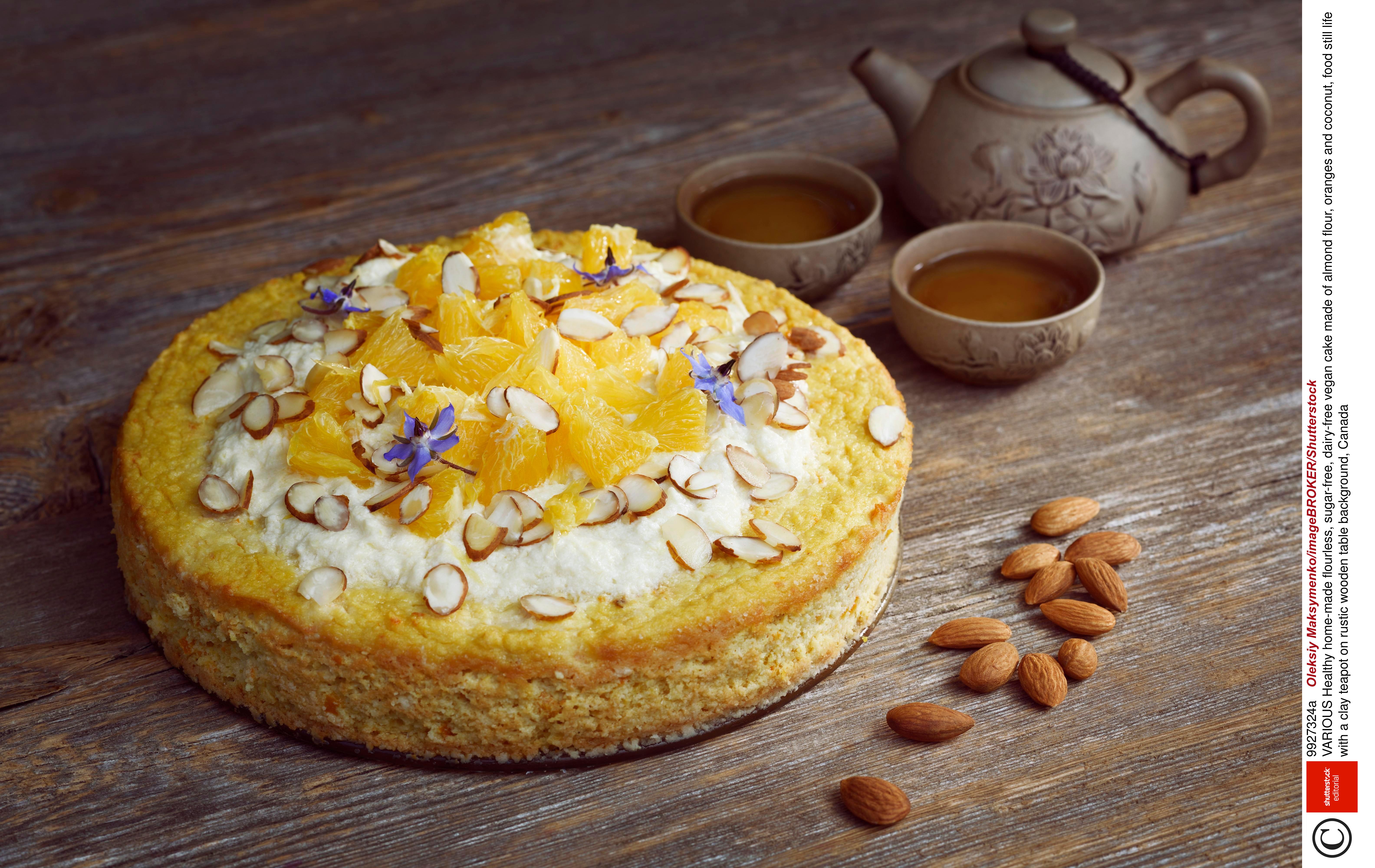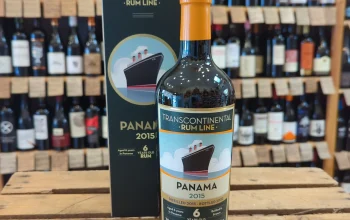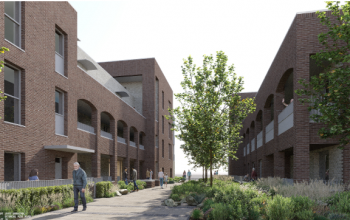The idea of a “Death Cafe” might conjure up images of black leggings with lime green skulls on them, or somewhere an alternative traveller would visit in Amsterdam.
But Death Cafe is actually a socially conscious, non-religious event, where members of the public are invited to come and express their thoughts about death – and last week, one was hosted in Kingston.
“The first rule of Death Cafe…” grinned one attendee, as guests sat down around a table.
“- is you do not talk about Death Cafe!” laughed another.
“The second rule – there will be cake!”
Death Cafe’s take place in public places, such as town halls and are organised by volunteers who bring tea and cake (eating is, after all, an act of the living).
There is no pressure to speak or share; the only compulsory things on the agenda are respect and confidentiality, I participated on the condition of giving anonimity to the guests.
On Remembrance Day, Liberal Democrats Councillor Sharon Young led a Death Cafe meeting in the Kingston Guildhall, where some of the eight attendees were already known to each other: a social worker, a church choir singer, a nervous student, a builder, a Canadian and an elderly man who gripped the armrests of his chair in trepidation.
Each person arrived with their own story and perspectives – some recently bereaved, some still grieving a loss from years ago, some having already planned what coffin they’d like to be buried in.
Although Death Cafe is a non-religious event, the Guildhall room it took place in had a certain church-feel to it: an enormous ceiling, one large window and ancient, bulky furniture.
Guests sat down at the table, surrounding the cakes and eyeing-up what would be their first slice.
Waiting to be invited to serve up, one attendee (who had purposely sat in the chair nearest the banoffee pie) leaned forward and whispered: “What is shared in Death Cafe-”
“-stays in Death Cafe!” finished two people at once.
A giggle broke some of the weight of the topic we had come to discuss.
Here are some of the subjects we touched on.
The social media platform has caused some social problems in real life – there are no guidelines for how to announce a death for someone whose profile is still active.
“It can be problematic,” said a lady, eating lemon drizzle cake.
“Imagine waiting for the bus and scrolling through Facebook posts – and then you see that a friend has died just before you start work. It would be awful.”
“People have been putting obituaries in newspapers for years,” countered a man with a plate of banoffee pie.
“Do we need to think of our digital obituary now?”
There was a groan.
“Who wants another tea?”
The attendees considered the implications of sharing feelings in writing, rather than talking about them.
“Some people can’t say how they feel in person, but find it easier to write. Again, the obituaries.”
“Maybe that’s why Facebook is so popular – you can type and cry at the same time.”
Children
One attendee had volunteered at a children’s bereavement counselling group.
“All of the children were so excited to meet other children in their situation,” she explained slowly, hands in her lap. “They didn’t feel different.”
“That’s good – in the past, people would not talk about someone who had died,” said our oldest attendee.
“I think that changed after the wars,” added one woman, adjusting the poppy pinned to her coat.
Funerals
A report by YouGov concluded that only 11% of Britons have a funeral insurance policy.
For those without one, there is a risk that family members will have to pick up the cost of the funeral, in addition to planning it.
But who is the funeral for – the individual who has died, or those who come to say goodbye?
“Your funeral is for the people who love you, not you,” said one woman, clutching her cup and saucer so firmly the tea began to ride over the rim.
“Yes, but it is about you,” added another lady tentatively, eyeing the swirling tea. “You should have conversations with your children about what you’d like. Too many people don’t and then the children argue about what they think their parent would have liked.”
An elderly gentleman cut himself another slice of banoffee pie, which was starting to slide off the plate and into the tin. “You think you know someone, then you go to their funeral and it’s nothing like what you expect it to be,” he said, spooning the sweet topping onto his plate.
“Perhaps because it was organised by their children?”
“When I was helping to plan a funeral, we were asked what kind of lining should go in the coffin!”
“I wouldn’t care about the lining, not when I’m dead!”
The roar of assent that followed rivalled The House of Commons.
“I’m going to have a chalk coffin,” smiled a woman with bright, rosy cheeks. “Then everybody can draw on it or write a message.”
The conversation then begrudgingly moved to finances.
The average cost of a burial in the UK is £4,798, whilst a cremation stands at approximately £3,744 – but one attendee had a life hack for this.
“Funerals are expensive, so I’m leaving my body to medical science.”
Wills
After you’ve managed the task of deciding what will happen to your body after you die, another important aspect is to decide what will happen to your savings and property.
“Make a will, get on with it!” was the firm, general consensus.
According to YouGov, only 41% of British adults have made a will.
All too soon, the meeting drew to a close.
The attendees quickly split up into twos or threes, shaking hands and hugging, rapidly exchanging comments, some wiping their eyes.
“It has been humbling to share some progressive ideas about death,” said Sharon, as she packed the remains of the walnut and coffee cake into a tin.
Each attendee thanked Sharon as they left, then headed back out into society, where it’s not acceptable to discuss death as openly with strangers as we had.
Death Cafe was founded by Jon Underwood in 2011, with the aim of encouraging people to talk about death to reduce the taboo surrounding it. Underwood had been inspired by Cafe Mortal, a similar event in Switzerland.
In 2017, Underwood died from leukaemia, aged 44, but Death Cafe lives on, having taken place in 66 countries, from Afghanistan to Zimbabwe, thanks to volunteers who organise and promote meetings.
If you have some thoughts to share about death, find a Death Cafe near you.





